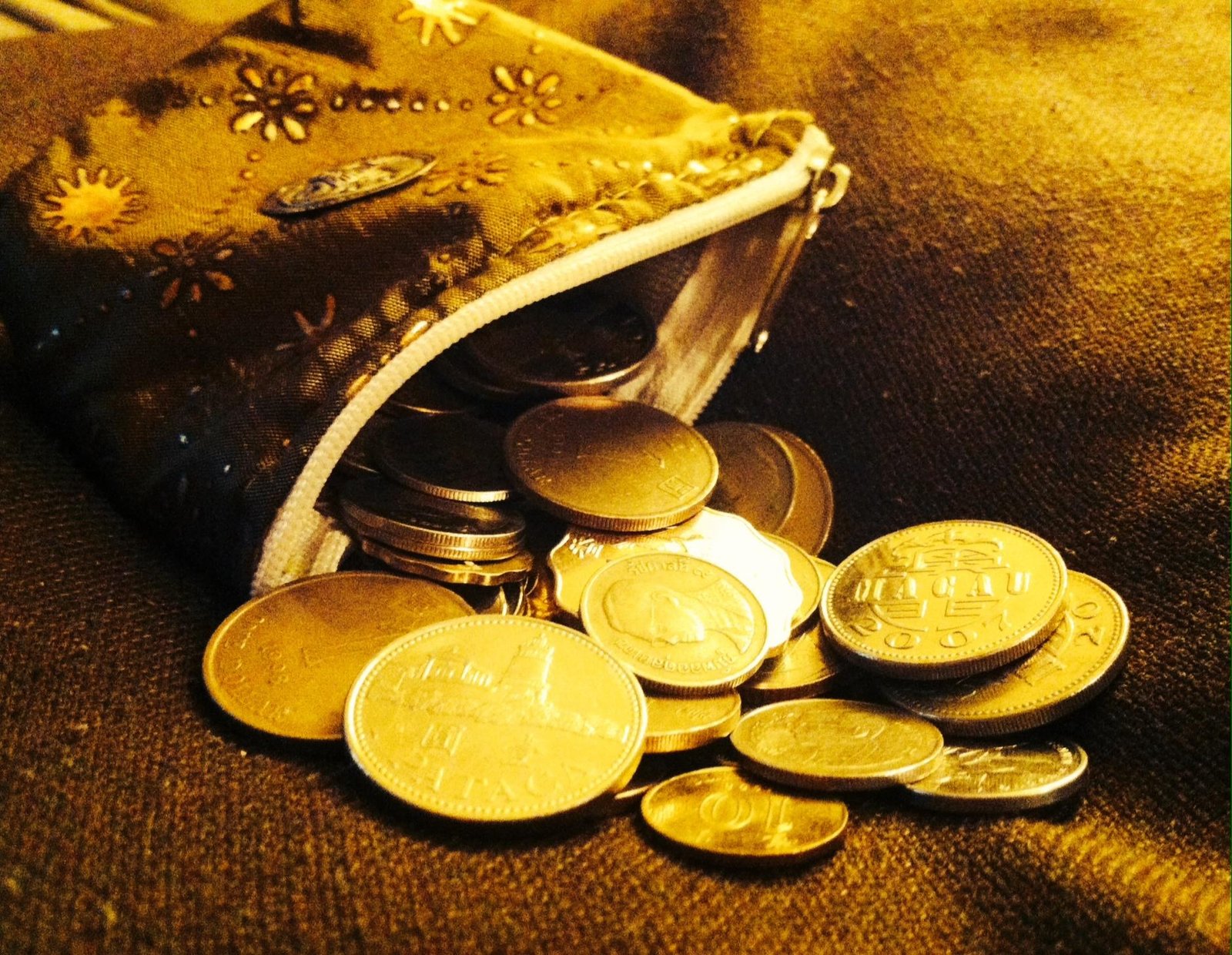 Here are the raw basic rules for surviving a pandemic. I will expand on these more in future articles.
Here are the raw basic rules for surviving a pandemic. I will expand on these more in future articles.
If possible, be prepared before it starts. Pandemics will happen every few years. Even if the government or medical establishment decides to cover it up, you know there is one when more than maybe three or four people you know are ill with the same thing. If there isn’t a big one, this is a sign that one may be coming. Most of the deadly ones ride on the tails of colds and flu.
Speaking of which, depending on where you stand on vaccinations, get your flu shot or begin your intense probiotic program every October.
If one catches you by surprise, it’s alright. Make due as long as you can, and use the lulls or take opportunities to prep as you go. I’ll write more on staying prepared based on stuff I learned from my grandmas and in Utah later.
For PPE and hygiene purposes, behave as if you are already infected or that anyone you don’t live with and/or know their level of hygiene intimately is already infected. Do everything from cooking to working to going to the store when necessary as if you are infected and need to protect everyone around you from catching the disease.
Use barriers. This includes, but is not limited to masks, gaiters, face shields, respirators, gloves, hoods, and anything that keeps germs from making direct contact with your body.
Keep yourself clean. Wash your hands and body properly. This not only cleans germs off the surface of your skin, but it gives your immune system a break from having to work so hard, and prevents sores and eruptions. “A break in the skin can be a way in.”
Keep your surroundings clean. Again, this does more than get germs off the surface. It makes it harder for other microbes to latch on, and helps your and others’ immune systems not have to work so hard.
Keep clutter to a minimum. It is easier to clean an area when it is not cluttered with unnecessary things. What you can store in a drawer or container, do so.
Help others and form an in-group. This may seem dangerous because you’d think it would increase your chances of exposure. People are told to practice social distancing, but it’s just as important to know who to include as it is who to exclude. Diseases take time to go around, and if you hit this task early, you not only help prevent others from getting sick, but you expand your network to avoid isolation. Isolation can lead to being out of the loop of local information that you’d need to survive.
Avoid unnecessary trips and gatherings with unknown people. This is important in terms of contagion, but also for safety. Especially if you are physically vulnerable and/or in a marginalized community, people’s fuse is shorter during a crisis. You not only have to worry about aggressive and selfish behavior, but anomic or heartless behavior as well. This relates to the next thing which is related to forming your in-group.
Make an escape plan. Figure out what to do if your house burns down literally or figuratively. If your family was frustrating before, the problems will intensify during a quarantine or lockdown or long period of social distancing when they don’t have their usual diversions. Have that friend who will hang out with you no matter what. Make a she-shed or a quiet corner where people can escape to and it’s understood they will not be disturbed.
If you have any other tips, feel free to add them in the comments. Because we believe in rewarding people for their labor, feel free to post your payment information when you leave a tip. Hopefully someone reading it will tip you back.
Blessings and Ashé!







